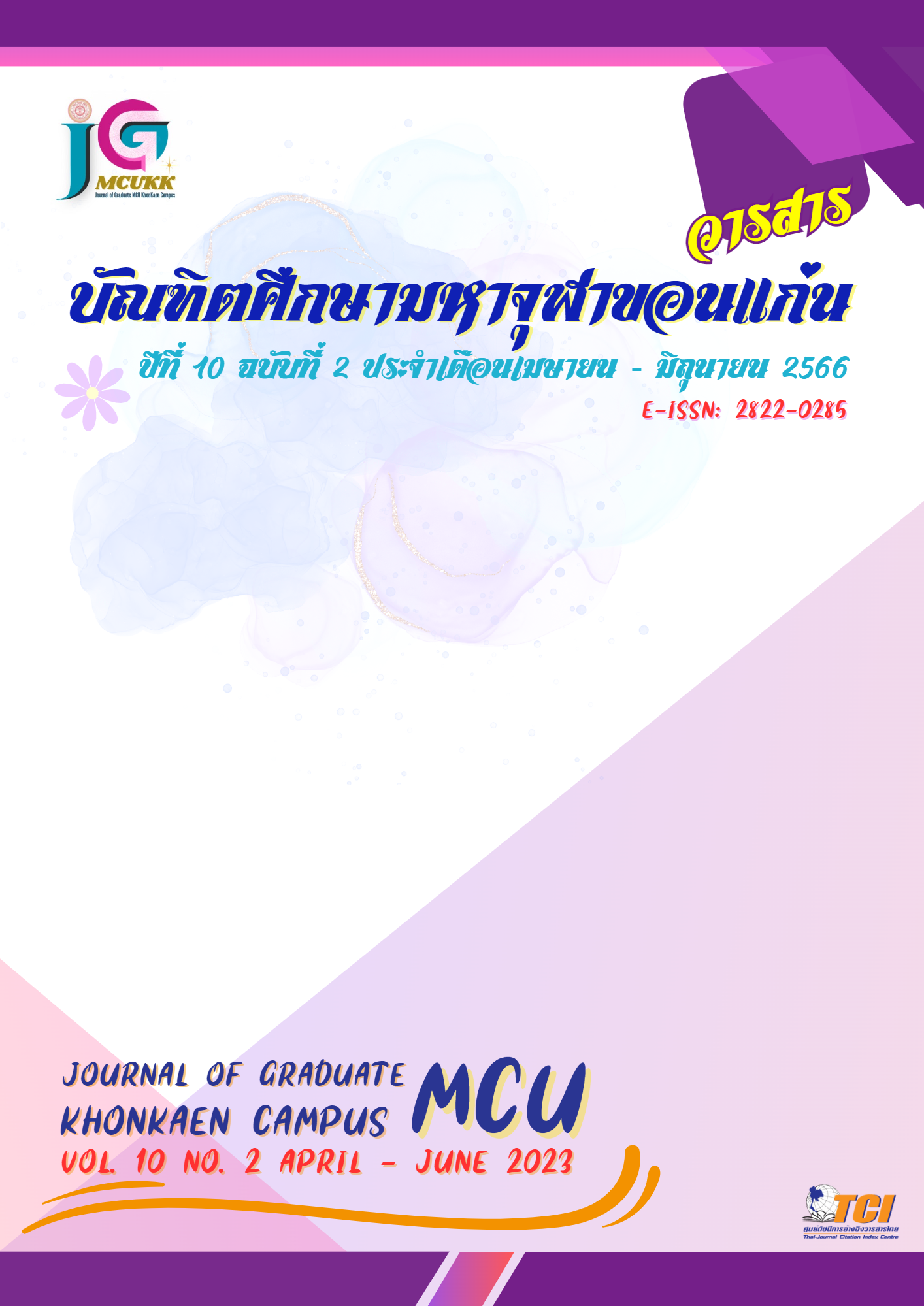Applied Buddhist Epistemology
Main Article Content
บทคัดย่อ
The academic paper, Applied Buddhist Epistemology, aims to find out how to it applies this theory to real society and what is applicable in accordance with Buddhist knowledge-based. Buddhism has risen in India for more than 25 centuries ago, Buddhism places great value on knowledge because it has become a beacon for all human beings. In this knowledge, one can be divided into two points: practical knowledge and theoretical knowledge. Practical knowledge is very important for people's daily life to avoiding from ignorance and until liberated from suffering through knowledge.
Applied Buddhist Epistemology is the vast considerable knowledge, involving theory and application, but this paper will show a summary of this subject matter as follows.
The study will be able to focus on 1) the importance of Buddhist epistemology 2) how to apply Buddhist epistemology in real society 3) what will get new knowledge from Buddhist epistemology after studying various aspects.
Article Details

อนุญาตภายใต้เงื่อนไข Creative Commons Attribution-NonCommercial-NoDerivatives 4.0 International License.
เอกสารอ้างอิง
K.N.Jayatilleke. (1963). Early Buddhist Theory of Knowledge. New Delhi: George Allen & Unwin Ltd.
Keo, D. R. (2018). The Source of Knowledge in Theravada Buddhist Philosophy. In D.R. Keo, The Source of Knowledge in Theravada Buddhist Philosophy. MCUKK.
Payutto, B. P. (2017). Buddhadhamma the laws of nature and their benefits to life. Bangkok: Buddhadhamma Foundation.
Payutto, P. (2017). Buddhadhamma, The Laws of Nature and Their Benefits to Life. Bangkok, Thailand: Buddhadhamma Foundation.

